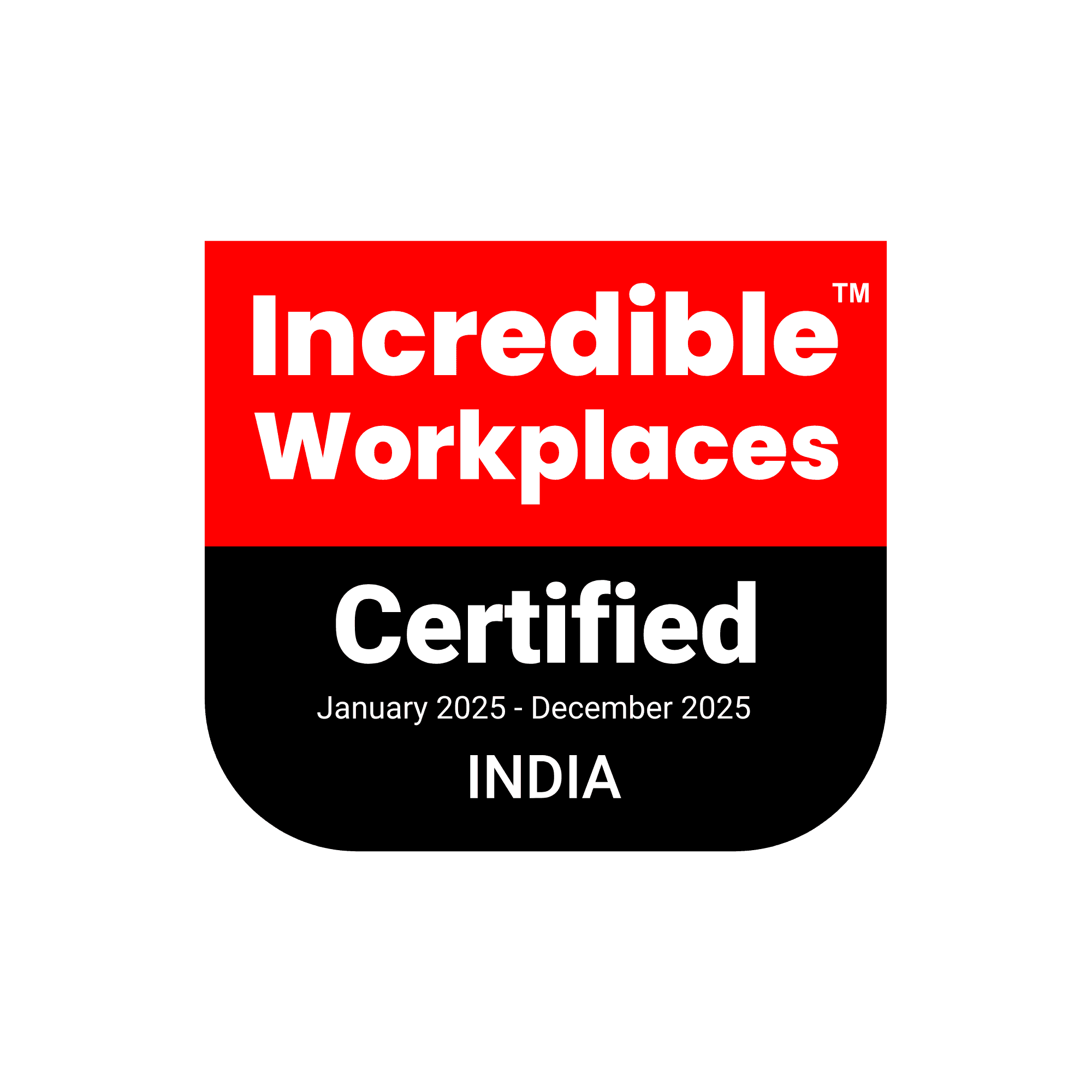The Vital Role of Risk Intelligence in Vendor Management Software Solutions
Stay in the know
Get the latest news & insights straight to your inbox.

In today's interconnected business environment, the need for comprehensive risk intelligence within vendor management software solutions has never been greater. As organizations increasingly rely on third-party vendors for critical operations, the ability to effectively manage and mitigate risks associated with these partnerships becomes crucial. This blog will explore how risk intelligence integrates with vendor management software and why it is essential for businesses to incorporate this functionality to protect their interests and maintain compliance.
Understanding Vendor Management Software
Vendor management software is designed to streamline the process of managing and overseeing third-party vendors. This software enables organizations to track vendor performance, ensure compliance, and maintain strong relationships. However, as the complexity and number of third-party vendors increase, so do the associated risks. These risks can range from operational disruptions to compliance breaches, necessitating a more sophisticated approach to risk management.
The Evolution of Risk Management Software
Traditional risk management software focuses on identifying, assessing, and mitigating risks within an organization. However, as businesses expand their vendor networks, the scope of risk management must extend beyond internal operations to include third-party relationships. This evolution has led to the development of vendor risk management software, which combines the functionalities of traditional risk management with the specific needs of managing vendor-related risks.
Why Integrate Risk Intelligence into Vendor Management Software?
1. Enhanced Risk Visibility
Integrating risk intelligence into vendor management software provides organizations with a holistic view of their vendor ecosystem. This enhanced visibility allows businesses to identify potential risks early, enabling proactive mitigation strategies. With real-time data and analytics, companies can monitor vendor performance and risk levels continuously, ensuring they are always aware of potential threats.
2. Improved Compliance Management
Compliance with regulatory requirements is a critical aspect of vendor management. Vendor compliance management software ensures that all vendors adhere to industry standards and regulations. By integrating risk intelligence, organizations can automate compliance monitoring, reducing the burden on internal teams and minimizing the risk of non-compliance. This integration ensures that compliance issues are detected and addressed promptly, protecting the organization from potential fines and reputational damage.
The vendor onboarding process can be time-consuming and complex. Supplier management software with integrated risk intelligence simplifies this process by providing a comprehensive risk assessment of potential vendors. This allows organizations to make informed decisions about which vendors to engage with, reducing the likelihood of onboarding high-risk vendors. Additionally, continuous monitoring ensures that any changes in a vendor's risk profile are promptly identified, allowing for swift action.
4. Cost Savings and Efficiency
Integrating risk intelligence into vendor management software can lead to significant cost savings. By automating risk assessments and compliance monitoring, organizations can reduce the need for manual processes and the associated labor costs. Furthermore, by identifying and mitigating risks early, businesses can avoid costly disruptions and losses. The best vendor management software solutions offer these integrated capabilities, ensuring organizations maximize their return on investment.
Key Features of the Best Vendor Management Software Solutions
When selecting the best vendor management software, it is essential to consider solutions that offer comprehensive risk intelligence capabilities. Here are some key features to look for:
1. Real-Time Risk Monitoring
The ability to monitor vendor risks in real-time is crucial for effective risk management. Look for vendor risk management software that provides continuous monitoring and real-time alerts for potential risks. This ensures that any issues are identified and addressed promptly, minimizing the impact on the organization.
2. Automated Risk Assessments
Automated risk assessments streamline the process of evaluating vendor risk profiles. The best risk management software will utilize advanced algorithms and data analytics to assess risks accurately and efficiently. This automation reduces the burden on internal teams and ensures consistent and objective risk evaluations.
3. Comprehensive Reporting and Analytics
Robust reporting and analytics capabilities are essential for informed decision-making. Vendor management software with integrated risk intelligence should offer detailed reports and analytics on vendor performance, compliance status, and risk levels. This data-driven approach enables organizations to make strategic decisions and prioritize risk mitigation efforts effectively.
4. Seamless Integration with ERM Software
For organizations with existing ERM (Enterprise Risk Management) software, it is crucial to select vendor management solutions that integrate seamlessly with these systems. This integration ensures a unified approach to risk management across the organization, providing a comprehensive view of all risks, both internal and external.
The Importance of Vendor Risk Management
Effective vendor risk management is vital for protecting an organization’s interests and ensuring operational continuity. Here are some reasons why integrating risk intelligence into vendor management software is essential:
1. Protecting Business Reputation
A single vendor-related incident can significantly impact an organization's reputation. By proactively managing vendor risks, businesses can prevent incidents that could harm their reputation. Vendor risk management software provides the tools needed to monitor vendor activities and address potential risks before they escalate.
2. Ensuring Regulatory Compliance
Regulatory compliance is a critical concern for many industries. Non-compliance can result in severe penalties and damage to an organization's reputation. Vendor compliance management software with integrated risk intelligence ensures that all vendors adhere to regulatory requirements, reducing the risk of non-compliance.
3. Mitigating Operational Disruptions
Vendor-related risks can lead to significant operational disruptions, impacting productivity and revenue. By continuously monitoring vendor performance and risk levels, organizations can identify and address issues before they cause disruptions. This proactive approach ensures business continuity and minimizes the impact of vendor-related risks.
4. Enhancing Supplier Relationships
Strong relationships with suppliers are essential for business success. Supplier management software with integrated risk intelligence helps organizations maintain transparent and collaborative relationships with their vendors. By providing vendors with clear expectations and continuous feedback, businesses can foster strong, mutually beneficial partnerships.
Conclusion
In today's complex business environment, integrating risk intelligence into vendor management software solutions is essential for effective vendor risk management. The best vendor management software combines real-time risk monitoring, automated risk assessments, and comprehensive reporting to provide organizations with a holistic view of their vendor ecosystem. By proactively managing vendor risks, businesses can protect their reputation, ensure regulatory compliance, mitigate operational disruptions, and enhance supplier relationships.
As organizations continue to expand their vendor networks, the importance of robust vendor risk management cannot be overstated. Investing in vendor risk management software with integrated risk intelligence capabilities is a strategic decision that will pay dividends in the form of improved risk visibility, compliance management, and operational efficiency.
Choosing the best risk management software that fits your organization's needs is crucial for achieving these benefits. By prioritizing solutions that offer comprehensive risk intelligence integration, businesses can ensure they are well-equipped to navigate the complexities of modern vendor management and safeguard their operations against potential risks.
By understanding the vital role of risk intelligence in vendor management, organizations can make informed decisions about their vendor management strategies and invest in the best solutions to protect their interests and ensure long-term success.






